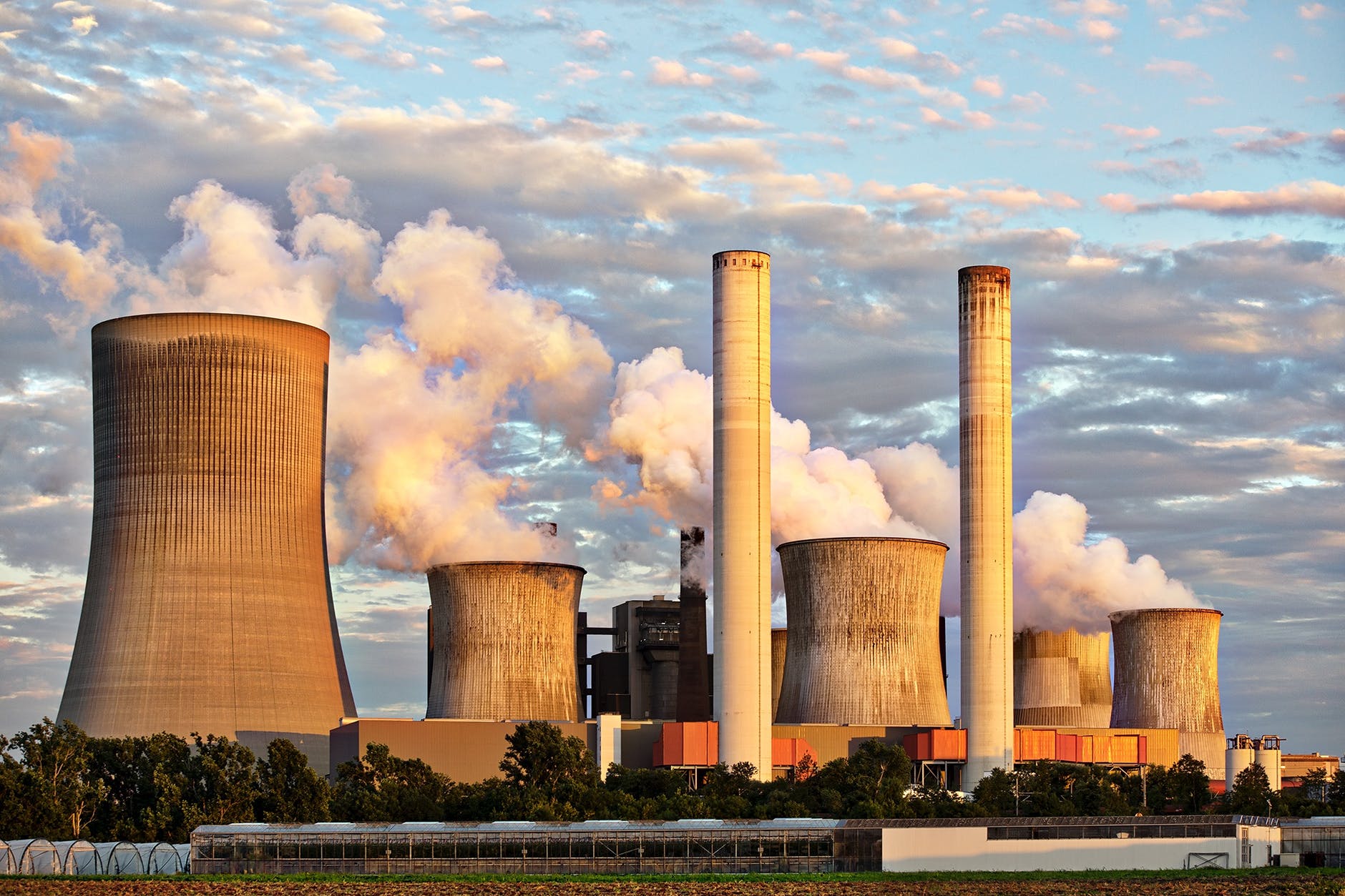As stewards of the land, we can use technology as a tool to help keep it clean.
Let’s apply this concept to our industrial society: how does tech help us with spewing smokestacks and dusty stockyards?
For a moment, dive deeper.
Navigate through murky waters to investigate EPA records of past pollution, historically tracking improvement over time. Smell the pungence of chemicals needed for proprietary blends of toilet paper, comforted that regulations become increasingly strict, year after year. Feel the heat of machines producing the parts and pieces that make up our modern life, understanding that it would crumble without America’s essential workforce.
The pandemic shone a light on industries we can’t live without; these same industries are notorious for polluting, but they are old and ingrained into our society; they are also an essential part of why our modern world has so many comforts.
Regardless of necessity, environmental laws are the same for all businesses. When industry pollutes, they get hefty fines and a poor reputation. This motivates the adoption of technology into the industrial space, making it cleaner, more efficient, and more cohesive with how we want our future to be.
2020 was a pivotal shift in recognizing the historic role technology has in our lives.
The changes in administration reflect this shift by placing a strong emphasis on rebuilding our infrastructure in the next 4 years and beyond. The industries of manufacturing, building materials, and construction will lead this charge; technology will help move things forward and accelerate the shift towards a green economy.
Old industrial activities will always be part of our modern life – but the digital age is now upon us. The progressive industrial operations will be the winners in this new, greener economy.
Throughout the globe, environmental regulators are investing in technology to help mitigate and manage pollution. These authorities recognize the value in collecting data: it helps us understand the impact we have on the land, and data helps us prioritize. Just as lithium quarries turn into computer batteries or precious metal mines into circuit boards, can we allocate extracted resources towards developing technology that can preserve the same land we have taken so much from?
We live in an era where technology can be used for great things.
Human hands will always be needed – but what if technology can make us better? I’m not talking about the sparkly filters on Snapchat or voiceover on TikTok; rather, adoption of technology as a tool that can make us more informed and aware. Tech may get a bad rap for all the Insta-scrolling and Facebook-trolling, but when used well it can save us time, money, and allow us to find gaps we didn’t know existed. For industrial professionals hoping to have a positive impact on their facility and the environment, tech can maximize their efforts.
Within all sectors, the adoption of technology works symbiotically with our world, supporting a cleaner environment and healthier society.
Green Success Stories is a television show, podcast, social media, and news platform, hosted by Dylan Welch, that highlights climate change scientists, renewable energy experts, and clean tech entrepreneurs by giving them a voice in the mainstream media. The Green podcast highlights leading experts in cleantech, sustainability, media, finance, and real estate. Tune in and subscribe to the podcast on Apple or Spotify to listen to interviews with leading cleantech and sustainable experts. If you are interested in being featured on Green, click HERE.
